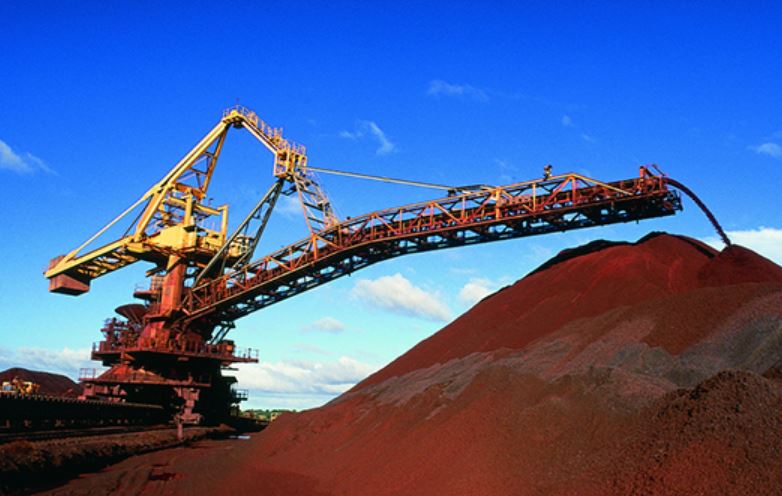Iron ore is not starting a new supercycle, according to Vale chief executive Eduardo Bartolomeo. In a Financial Times interview, the ceo estimates that demand will level off in two years.
Bartolomeo says the recent record high in iron ore prices is very different from the boom seen in the early 2000s, which was motivated by China’s accelerated industrialisation.
“In the last supercycle, we had a strong growing construction activity in China,” he is quoted as saying. “It was a structural change. We are not talking about a big shock in demand right now. It’s a small thing.” However, recovery in the world’s major economies and iron ore producers operating close to maximum capacity will sustain prices until 2023.
“Although much is said about cuts, production is still increasing in China and now we have Europe coming back and the US announcing a huge stimulus package. There are also restrictions on supply. This market will be tight for a while,” he comments.
The boosted performance of iron ore has been very good for large producers such as Vale, especially after the tragic rupture of the B1 dam in Brumadinho two years ago, Kallanish notes.
Bartolomeo expects that, at some point, Vale will have to increase production to 400 million tonnes/year because iron ore is a “high fixed cost business, but the company will do this in a very calculated way, carefully and safely”.
According to Vale’s ceo, China will reduce its dependence on iron ore in the medium term because of the increased use of scrap by its mills. Bartolomeo foresees there will also be a move to higher-quality iron ore as the steel industry is turning to new methods to reduce emissions, such as hydrogen-based production.
Todor Kirkov Bulgaria






